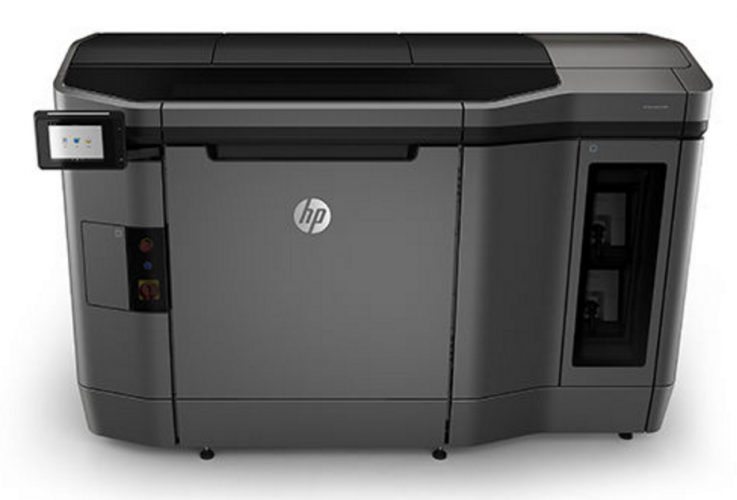HP and Deloitte form additive alliance
HP Inc and consultancy firm Deloitte have announced a new additive partnership that will aim to accelerate the adoption of 3D printing technology into mainstream manufacturing.


Announced at a launch event at HP’s headquarters in Silicon Valley, the new alliance will focus on the integration of HP’s Jet Fusion 3D printing technology into large-scale manufacturing environments. According to the two companies, the joint-venture will help customers accelerate product design, increase production, create more flexible supply chains and optimise the manufacturing lifecycle.
“No sector of the global economy is undergoing more radical transformation than the $12 trillion manufacturing market,” said HP Inc CEO Dion Weisler.
“Nothing’s really changed much in manufacturing in almost over a hundred years, and it’s time, because there is a better mousetrap out there. There is a meaningful way to make a very good impact on the way companies all around the world design, procure, manufacture and deliver their products”
Recent years have seen 3D printing widely adopted for rapid prototyping, but true additive manufacturing has yet to see widespread mainstream implementation. Outlying cases such as GE’s 3D printed fuel nozzle are the exception rather than the rule, but HP and Deloitte claim that this is about to change, and that additive will take an increasingly larger share of the manufacturing pie.
Register now to continue reading
Thanks for visiting The Engineer. You’ve now reached your monthly limit of news stories. Register for free to unlock unlimited access to all of our news coverage, as well as premium content including opinion, in-depth features and special reports.
Benefits of registering
-
In-depth insights and coverage of key emerging trends
-
Unrestricted access to special reports throughout the year
-
Daily technology news delivered straight to your inbox











Water Sector Talent Exodus Could Cripple The Sector
Maybe if things are essential for the running of a country and we want to pay a fair price we should be running these utilities on a not for profit...